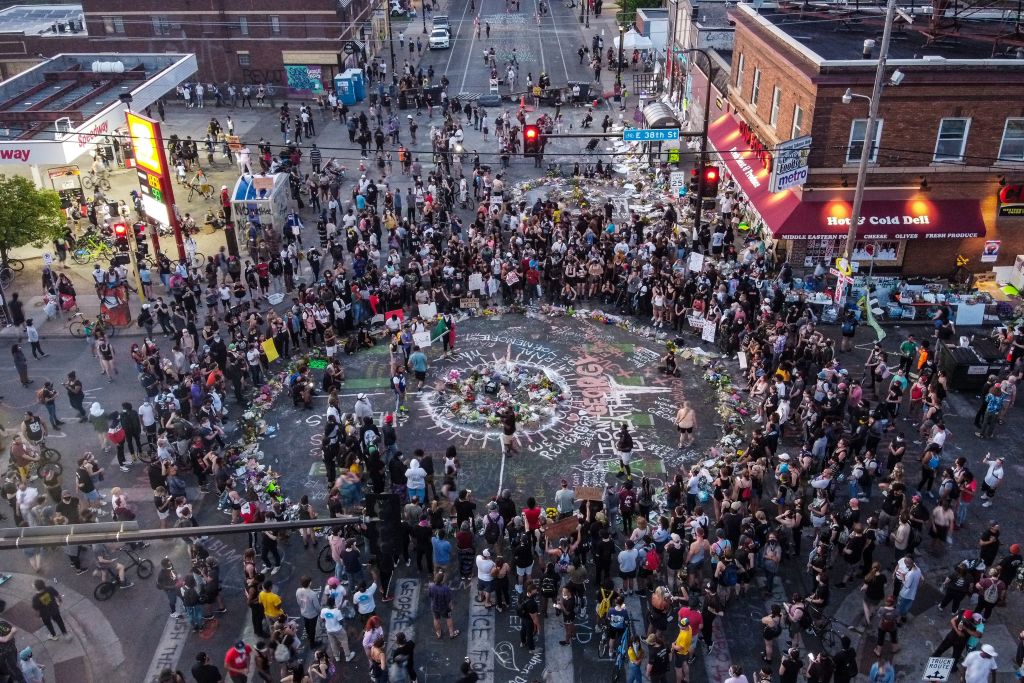Cities keep blaming protests on 'outside agitators.' Arrest records show that's not true.


A free daily email with the biggest news stories of the day – and the best features from TheWeek.com
You are now subscribed
Your newsletter sign-up was successful
Every U.S. has state has seen protests against police brutality. And in several of them, police have arrested protesters for breaking curfews, failing to disperse, and, in some cases, for violent behavior.
Leaders in those cities, as well as Attorney General William Barr, have often blamed non-peaceful actions on "outside agitators" with an apparent agenda of their own. But as cities start to share arrest data, the numbers don't add up.
Minneapolis Mayor Jacob Frey, where protests kicked off after George Floyd was allegedly murdered in police custody, initially declared protesters "are coming from outside the city, from outside the region." People from other states were arrested in Friday night protests, but two local news channels reported between 84 and 86 percent of them were from the Minneapolis area. The same statistics have been reflected in Dallas, where 172 of 185 weekend arrests were of people from the area; Columbus, Ohio, where 84 of 89 people arrested over the weekend were from central Ohio; and many, many other cities.
The Week
Escape your echo chamber. Get the facts behind the news, plus analysis from multiple perspectives.

Sign up for The Week's Free Newsletters
From our morning news briefing to a weekly Good News Newsletter, get the best of The Week delivered directly to your inbox.
From our morning news briefing to a weekly Good News Newsletter, get the best of The Week delivered directly to your inbox.
Howard University law professor Justin Hansford described "outside agitator" as a "racial term" that means "protests are somehow less legitimate," in an interview with Vox. "Not only do you delegitimize the protest itself, but you also delegitimize the activists as not being skillful enough, or clever enough, to do this on their own," Hansford said.
Rapper and filmmaker Boots Riley meanwhile had his own assessment of the term. Kathryn Krawczyk
A free daily email with the biggest news stories of the day – and the best features from TheWeek.com
Kathryn is a graduate of Syracuse University, with degrees in magazine journalism and information technology, along with hours to earn another degree after working at SU's independent paper The Daily Orange. She's currently recovering from a horse addiction while living in New York City, and likes to share her extremely dry sense of humor on Twitter.
